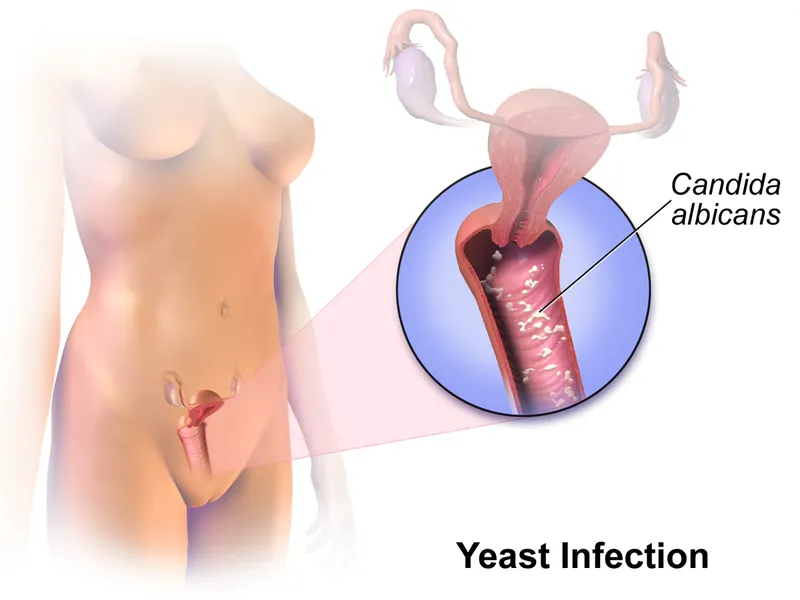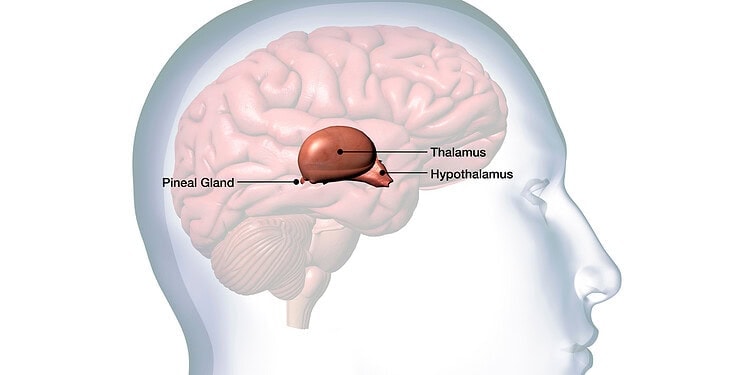For more than four decades, patients recovering from heart attacks have routinely been prescribed beta blockers—a class of drugs designed to slow the heart rate and reduce strain on the heart. Doctors considered them a cornerstone of care, a safety net against further complications. But now, in what experts are calling a breakthrough moment, new evidence suggests that for many patients, beta blockers may no longer be needed—and in some cases, could even be harmful.
This revelation comes from the REBOOT Trial, the largest clinical study to date on the role of beta blockers after heart attack. The results, unveiled at the European Society of Cardiology Congress in Madrid and published in The New England Journal of Medicine, are sending shockwaves through the medical community.
“This trial will reshape all international clinical guidelines,” said Valentin Fuster, MD, Ph.D., senior investigator of the study and President of Mount Sinai Fuster Heart Hospital. “It represents one of the most significant advances in heart attack treatment in decades.”
The Study That Dared to Question Tradition
The REBOOT Trial was driven by a bold question: do beta blockers still provide meaningful benefits in today’s world of modern cardiac care?
Decades ago, when treatment options were limited, beta blockers proved lifesaving. They worked by lowering oxygen demand on the heart and protecting against dangerous rhythm disturbances. But medicine has evolved. Today, blocked arteries are reopened quickly with stents, clot-busting drugs, or other interventions. The result? Less permanent damage to the heart muscle and fewer life-threatening complications.
Despite these advances, more than 80% of patients with uncomplicated heart attacks—those whose hearts continue to pump normally—are still discharged on beta blockers. REBOOT set out to test whether this long-standing practice was still justified.
A Landmark Clinical Trial
The REBOOT study enrolled 8,505 patients across 109 hospitals in Spain and Italy, making it the largest trial ever conducted on this topic. Patients were randomly assigned either to continue on beta blockers or to forgo them, while still receiving every other aspect of modern, evidence-based care.
Over nearly four years of follow-up, researchers tracked outcomes including death, repeat heart attack, and hospitalization for heart failure. The findings were striking:
- There was no significant difference in outcomes between patients who received beta blockers and those who did not.
- Women treated with beta blockers were at higher risk of death, heart attack, or hospitalization for heart failure compared with women who avoided them.
- This elevated risk was particularly clear in women whose heart function remained completely normal after their heart attack.
In short: for patients with preserved heart function, beta blockers appear to add no benefit—and in women, may even add harm.
Why the Results Matter
For 40 years, beta blockers have been prescribed almost automatically after a heart attack. Doctors and patients alike assumed they were essential. But the REBOOT trial demonstrates the importance of questioning even the most established medical traditions.
“While we often test new drugs, it’s much less common to rigorously question the continued need for older treatments,” explained Borja Ibáñez, MD, the trial’s principal investigator and Scientific Director of Spain’s CNIC. “That was the motivation behind REBOOT.”
The implications are enormous. If guidelines change, millions of patients worldwide may be spared unnecessary medication—reducing side effects such as fatigue, dizziness, low heart rate, and sexual dysfunction. Simplifying prescriptions may also improve adherence to other critical medications, like statins and blood pressure drugs, that clearly improve survival.
A Spotlight on Sex Differences
Perhaps the most surprising finding was the gender divide. The trial’s substudy, published in the European Heart Journal, showed that women treated with beta blockers had a 2.7% higher absolute risk of mortality compared to women not treated with the drug during the study’s follow-up period.
For decades, heart disease research has often been conducted with male patients as the default. REBOOT adds to the growing recognition that men and women may respond differently to the same treatments, and that women deserve tailored approaches to cardiac care.
Part of a Pattern of Transformative Research
REBOOT is not the first landmark trial led by CNIC and Mount Sinai teams. In recent years, these institutions have helped reshape cardiovascular medicine with studies like:
- The SECURE Trial, which showed that a “polypill” combining aspirin, ramipril, and atorvastatin reduced cardiovascular events by 33% after a heart attack.
- The DapaTAVI Trial, which demonstrated that drugs originally designed for diabetes—dapagliflozin and empagliflozin—improved outcomes in patients undergoing transcatheter aortic valve replacement.
Together, these studies represent a wave of evidence-based reforms aimed at refining treatment, eliminating unnecessary drugs, and improving patient quality of life.
Medicine in Evolution
The REBOOT Trial is a reminder that medicine is not static. What was once a breakthrough can, over time, become outdated as technology and knowledge advance. Science moves forward not just by adding new tools, but also by letting go of old ones when evidence demands it.
“Beta blockers were transformative when they were introduced,” said Dr. Ibáñez. “But in the context of modern care, their role is much less clear. These results will help streamline treatment, reduce side effects, and improve quality of life for thousands of patients every year.”
The trial was conducted without pharmaceutical industry funding—underscoring its independence and its mission to answer one simple question: what truly works best for patients?
A New Era for Heart Attack Survivors
For patients who have suffered an uncomplicated heart attack, the message of REBOOT is clear: beta blockers may not be necessary, and in some cases, may even be harmful. The trial’s findings are expected to change global treatment guidelines in the coming years, influencing how millions are cared for after a heart attack.
For doctors, it is a call to practice medicine not by tradition, but by evidence. For patients, it is reassurance that medical science continues to evolve, always striving to offer not just longer life, but better life.
And for the future of cardiology, it is a reminder of science’s greatest strength: the courage to ask difficult questions, even of the treatments we once held sacred.






